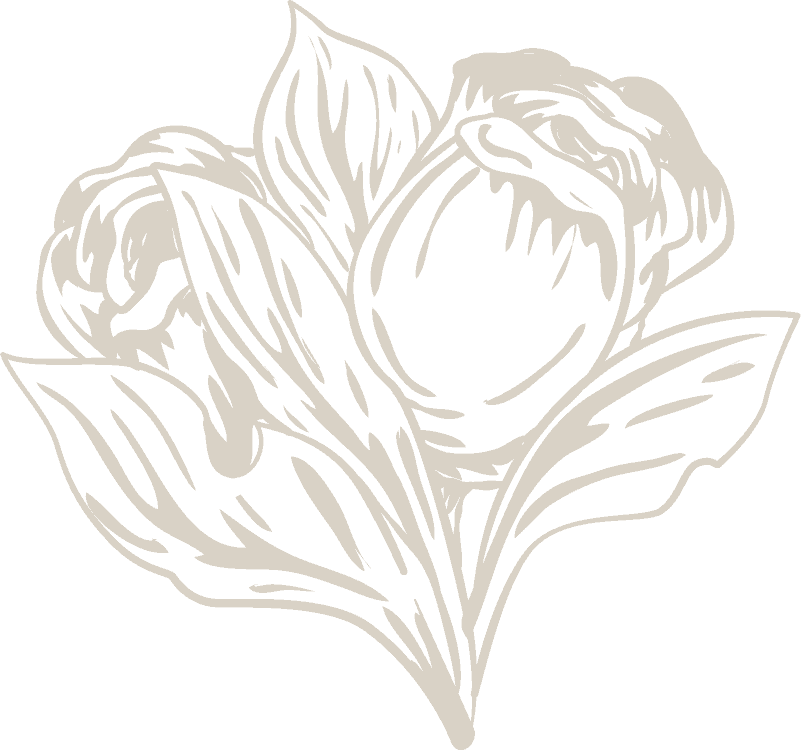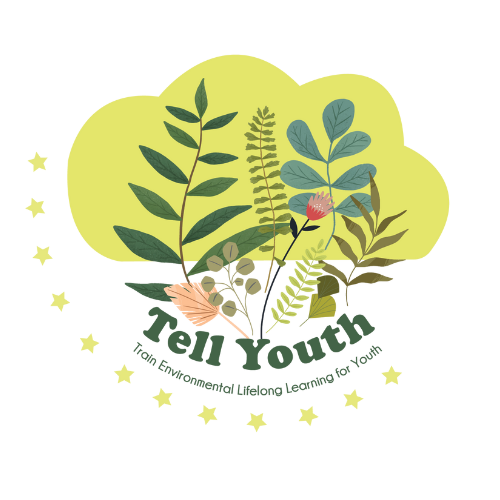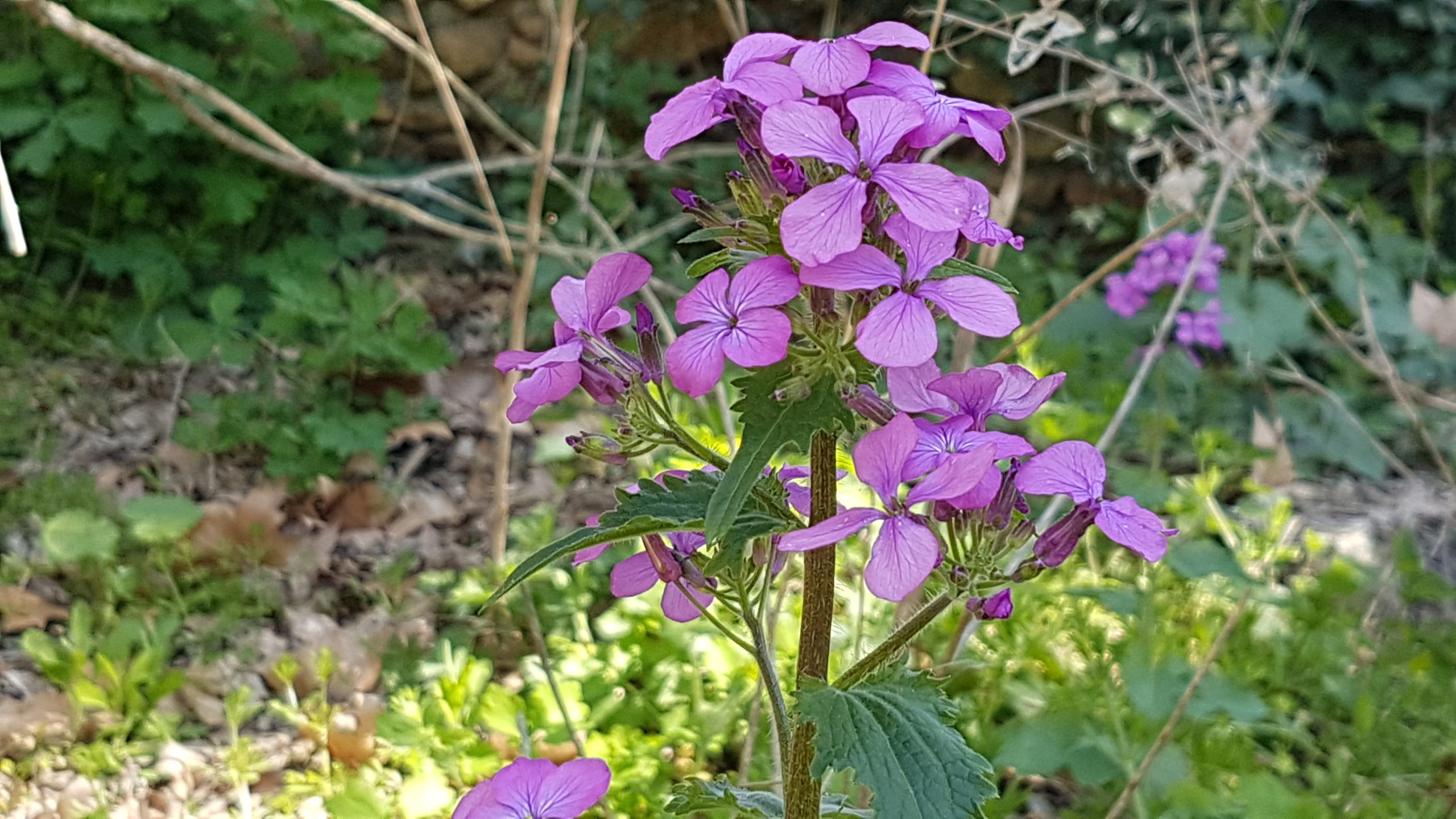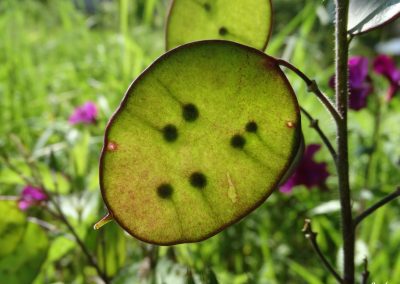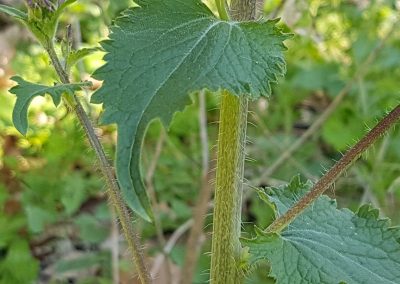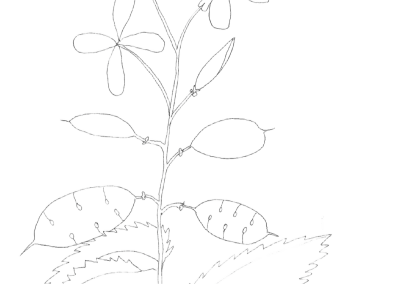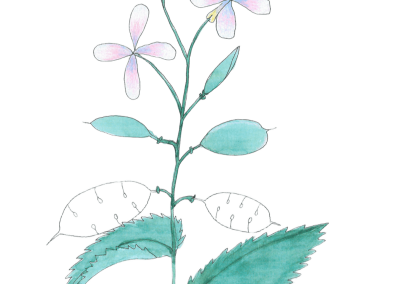Lunaria annua
Scientific description
Taxon: Lunaria annua
Class: Magnoliopsida (Dicotyledons)
Subclass: Rosidae
Order: Brassicales
Family: Brassicaceae
Common name: Honesty / Annual Honesty / Silver Dollar plant
Origin:
Southwestern Europe.
Description:
Annual or biennial herb 40–100 cm tall, erect, branched, hairy stems. Leaves heart-shaped, toothed, nearly sessile; lower ones petiolate. Flowers April–June, purple. Fruits oval silicles, upright, papery, resembling silver coins when dry.
Propagation:
Easily propagated by seeds; self-sows abundantly year after year.
Ecology:
Near human habitats: hedgerows, ditches, gardens, humid semi-shaded areas.
Uses:
Ornamental. Silvery, coin-like seedpods used in dried floral arrangements. Not edible.
Threats:
No major threats; Least Concern; widespread and sometimes naturalized.
Taxon: Lunaria annua
Classe: Magnoliopsidées (Dicotylédones)
Sous-classe: Rosidées
Ordre: Brassicales
Famille: Brassicacées
Nom commun: Monnaie-du-pape / Lunaire annuelle
Origine:
Europe du Sud-Ouest.
Description:
Plante annuelle ou bisannuelle 40–100 cm, tiges dressées, ramifiées et velues. Feuilles en cœur, subsessiles, dentées; inférieures pétiolées. Floraison avril–juin, fleurs pourpres. Fruits ovales, silicules dressées, ressemblant à des pièces argentées.
Multiplication:
Par semis spontané ou volontaire. Se ressème facilement chaque année.
Écologie:
Zones fraîches et mi-ombragées: haies, bords de chemins, fossés, jardins.
Utilisation:
Ornementale; fruits décoratifs utilisés en bouquets secs. Non comestible.
Menaces:
Aucune menace majeure; préoccupation mineure; largement répandue et parfois naturalisée.
Taxon: Lunaria annua
Clasă: Magnoliopsida (Dikotiledonate)
Subclasă: Rosidae
Ordin: Brassicales
Familie: Brassicaceae
Denumire populară: Bănuțul-papei
Origine:
Europa de Sud-Vest.
Descriere:
Plantă anuală sau bienală 40–100 cm, tulpini drepte, ramificate, păroase. Frunze în formă de inimă, aproape sesile, cele inferioare pețiolate. Înflorește aprilie–iunie, flori violet. Fructe silicule ovale, erecte, argintii când se usucă.
Multiplicare:
Prin semințe; autoînsămânțare abundentă.
Ecologie:
Locuri umede sau semi-umbrite lângă habitat uman: garduri, șanțuri, grădini.
Utilizare:
Ornamental; fructele argintii folosite în buchete uscate. Nu este comestibil.
Amenințări:
Fără amenințări majore; specie frecventă, risc scăzut.
Ταξινόμηση: Lunaria annua
Κλάση: Δικοτυλήδονα (Magnoliopsida)
Υποκλάση: Ροσιδές
Τάξη: Brassicales
Οικογένεια: Brassicaceae
Κοινή ονομασία: Νόμισμα του Πάπα / Ετήσια Λουνάρια
Προέλευση:
Νοτιοδυτική Ευρώπη.
Περιγραφή:
Μονοετές ή διετές φυτό 40–100 εκ., όρθιο, διακλαδισμένο και τριχωτό. Φύλλα καρδιοειδή, σχεδόν άμισχα, κατώτερα με μίσχο. Άνθη Απρίλιο–Ιούνιο, μοβ. Καρποί σιλικόλες οβάλ, όρθιες, ασημένιες όταν στεγνώσουν.
Πολλαπλασιασμός:
Με σπόρους, αυτοσπορά ετησίως.
Οικολογία:
Υγρά ή ημισκιερά μέρη κοντά σε ανθρώπινες εγκαταστάσεις: φράχτες, αυλές, αυλάκια, κήποι.
Χρήση:
Καλλωπιστικό για αποξηραμένες ανθοσυνθέσεις λόγω ασημένιων καρπών. Μη βρώσιμο.
Απειλές:
Δεν απειλείται. Πολύ κοινό είδος, ταξινομημένο ως ελάχιστης ανησυχίας.
Creative writing inspired by Lunaria annua
The pope's coin
In medieval times, there lived a princess called Katerina. Every morning, the young gardener at her palace would bring a plant called the pope's coin to her room. This plant was known to protect people from evil spirits and disease. Katerina, however, didn't like the look or smell of the plant, and said it gave her an allergy. The young gardener, distressed, stopped bringing the plant to her room.
But the princess fell seriously ill and her condition became critical. The doctors didn't know what was wrong with her, but they considered her condition to be serious. The gardener gave her some herbs he made himself from the plants he grew in the palace garden, but nothing helped the princess. So he decided to try his luck and give her some herbs from the pope's coin. Although he hesitated at first, he finally decided to give it to Katerina to see if it would save her. As if by magic, once she drank it, Katerina not only recovered, but also acquired the magical ability to heal the sick.
After thanking the gardener for the gift of life he had given her, she decided to plant dozens of pope's coins in the garden herself, to distribute them to the people of her country and save them from illness. The pope's coin plant became a symbol of longevity, and Katerina kept it in her room from then on. The gardener became her most loyal assistant, and she helped him prepare herbs to save people suffering from illness.
